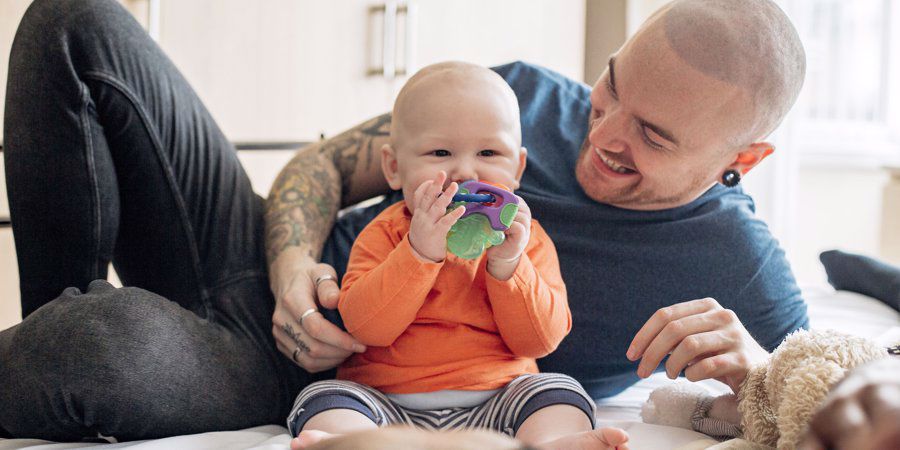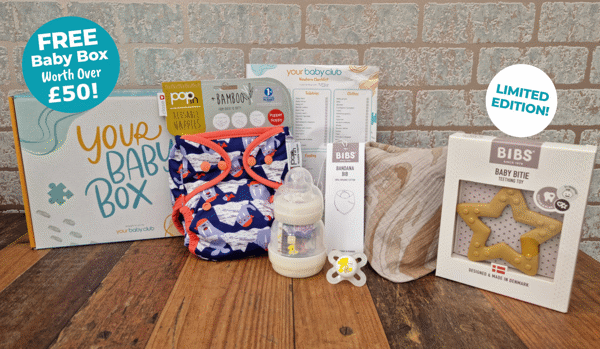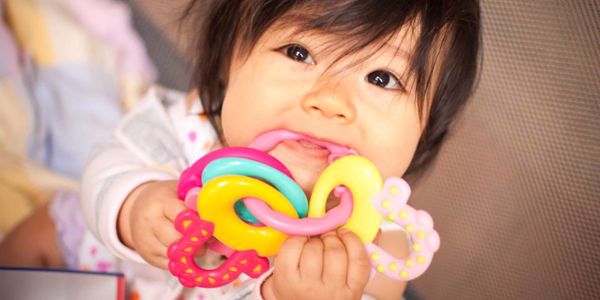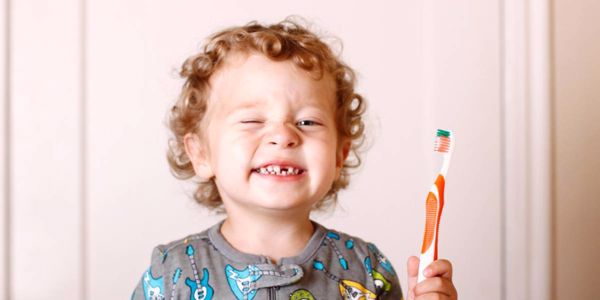Teething is one of those parenting rites of passage that is difficult for everyone involved!
Unfortunately, you can't avoid teething but there are some easy ways for you to help your little one.
When will my baby start teething?
Your baby’s teeth could start to emerge any time from four months up to around thirteen months. Most babies start teething at around six months, with their first set of teeth through by the time they are two and a half.
[Read more: When Should Babies Start Teething?]

What order will my baby’s teeth appear in?
As a rough guide, this is when to expect your child’s teeth to emerge, and in what order.
- 5-7 months – the two bottom front teeth (bottom incisors)
- 6-8 months – the two top front teeth (top incisors)
- 9-11 months – the two teeth at the top, either side of the middle two (slightly pointy, called top lateral incisors)
- 10-12 months – the two bottom teeth, either side of the middle two (bottom lateral incisors)
- 12-16 months – the larger teeth towards the back of the mouth (molars)
- 16-20 months – more back teeth (canines)
- 20-30 months – the four teeth at the very back of the mouth (second molars)
How will I know if my baby is teething?
It may not be obvious that your baby is teething especially when the first few teeth come through.
Here are some of the common ‘symptoms’ of teething that your baby might experience:
- Red and sore gums
- White patches on their gums
- Red rosy cheeks
- More dribbling than usual
- Chewing on anything they can get their hands on.
[Read more: Why Do My Children Bite?]
How can I help my child?
If you think that your baby is teething there are lots of ways you can help them.
You can buy a teether which can be put in the fridge, cold things can help soothe your baby's gums.
If your baby is dribbling a lot they may get uncomfortable or get a rash. Make sure to wipe the dribble as often as you can. Wearing a bib can help.
There are gels, powders, liquids and painkillers available which may help. It's often best to ask a pharmacist which one is suitable for your little one.





